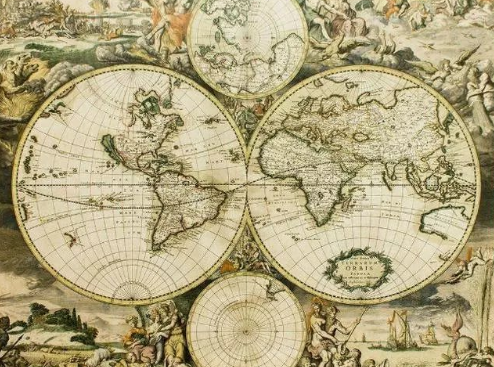In ancient court, imperial doctors, as the exclusive medical staff of the emperor and his family, bore the important responsibility of maintaining the royal health. However, unlike other court attendants such as eunuchs, imperial doctors did not need to undergo the pain of purification. The reasons behind this involved the ancient society's emphasis on medicine and talent.

Firstly, the status and respect of medicine. In ancient society, medicine was regarded as a noble profession. Doctors not only needed to possess rich medical knowledge and skills, but also had to have a benevolent heart to save lives. Therefore, as the main providers of royal medical services, the status of imperial doctors was naturally respected. Unlike eunuchs and other court attendants, the responsibilities of imperial doctors were related to the lives and health of the emperor and members of the royal family, so their status was higher and they did not need to undergo the purification process.
Secondly, the scarcity of talent. Ancient medical education was relatively backward, and the transmission of medical knowledge mainly depended on family or mentorship. This made medical talents relatively scarce. To fully utilize these precious medical resources, the royal family often gave imperial doctors certain privileges and respect to attract and retain these talents. Therefore, imperial doctors did not need to undergo purification like other court attendants, in order to maintain their dignity and uniqueness.
Thirdly, the responsibilities and trust of imperial doctors. The responsibility of imperial doctors was to provide medical services to the emperor and members of the royal family, which involved the health and safety of the royal family. Therefore, the trust of the royal family in imperial doctors was crucial. If imperial doctors were forcibly required to undergo purification, it might cause dissatisfaction and resistance, thereby affecting the quality of medical services. To maintain the health interests of the royal family, ancient royalty usually respected the identity and responsibilities of imperial doctors and did not forcibly require them to undergo purification.
In conclusion, the reasons why ancient imperial doctors did not need to undergo purification mainly resulted from the status of medicine, the scarcity of talent, and the responsibilities and trust of imperial doctors. These factors together ensured the special status and respect of imperial doctors in ancient courts. However, with the development of the times, modern medicine has made great progress, and the status and responsibilities of doctors have also undergone fundamental changes. Today, we should pay more attention to the development of medicine and the cultivation of talents, making greater contributions to the cause of human health.
Disclaimer: The above content is sourced from the internet and the copyright belongs to the original author. If there is any infringement of your original copyright, please inform us and we will delete the relevant content as soon as possible.
































